-
chevron_right
IPTV Piracy Expert Urges Restraint in Rush Towards Automated Blocking
news.movim.eu / TorrentFreak • 7 January, 2025 • 3 minutes
 Dynamic injunctions for tackling live sports piracy were crafted in the UK by the Premier League and first authorized by the High Court of England and Wales in 2017.
Dynamic injunctions for tackling live sports piracy were crafted in the UK by the Premier League and first authorized by the High Court of England and Wales in 2017.
Football Association Premier League Ltd v British Telecommunications Plc & Ors compelled the UK’s major ISPs to block specific servers providing illicit match streams into the UK, with flexibility built-in by design.
In the years that followed, continuous fine-tuning set the legal standard for others to follow. Years of development work in conjunction with anti-piracy partner Friend MTS provided for sophisticated dynamic blocking of pirate IPTV services. That opened up new opportunities to support broadcasters and sports leagues developing their own live blocking programs overseas, with Canada a notable example .
Italy Preferred to Tread its Own Path
When Italy passed new law in 2023 in support of its now-infamous ‘Piracy Shield’ blocking system, the decision to go with a whole new anti-piracy platform was, at least on face value, somewhat baffling.
On one hand, the Premier League can be seen as a rival of top-tier Italian league Serie A; yet on the other, they share the same opponent in the fight against piracy. With anti-piracy coalitions also showing success right now, the theory made sense; after a year of blunders and controversy, little else did.
In an interview published Monday, Chris White, Chief Architect at Friend MTS, recalled last year’s football season as having a little more tension than usual.
Not If – When Disaster Strikes
“This summer the broadcast industry held its breath as news came out about overblocking by Italy’s new anti-piracy platform Piracy Shield, which is managed by AGCOM, the country’s communications regulator,” White said.
“Nobody wants to be responsible for blocking legitimate online services, damaging brands and impacting revenues.”
White was likely referring to the controversial blocking of Cloudflare and an unknown number of its customers’ websites, due to a Cloudflare IP address being wrongfully placed on the Piracy Shield system.
Despite that event ticking all three of the above boxes, there was no sign of public reflection on what could be learned from the experience. Instead, AGCOM declared war on Cloudflare and Serie A dragged the cloud provider into a lawsuit .
More Restraint, Increased Scrutiny
The above took place to a background of legal amendments to authorize more aggressive blocking and punishments for the tech industry for failing to engage in the blocking program. With rightsholders reportedly free to block with even less oversight than before, visible action to prevent history from repeating itself was notable only by its absence.
Moving forward, White said, the general threat of overblocking and its consequences should lead to a more considered approach.
“As the industry digests this risk, we expect to see more restraint and increased scrutiny about automated solutions and a shift towards blocking services with proven accuracy and industry-proven monitoring tech,” he explained.
“More importantly, we now need to make a concerted effort to counter the controversy by educating the industry about how effective blocking has been over the last seven years. We support many big name and lesser known broadcasters, streamers and sports leagues such as UEFA in effective blocking that is protecting the value of rights and revenues, and have done so for numerous years without issue.
“This is achieved through best-in-class monitoring and forensically accurate technologies to ensure that any targets won’t cause collateral damage on legitimate services.”
The Serie A and Friend MTS Partnership
If the quote above sounds a like a sales pitch, the timing is about right. In January 2022, Friend MTS confirmed a three-season deal with Serie A to combat piracy via its “field-leading global monitoring services” which provide “real-time identification of illegal streams of live Lega Serie A content…”
The three-year deal was actually a three-year extension, one that marked a decade-long Serie A partnership with Friend MTS. Whether that relationship will continue is unclear, but if Serie A already enjoys blocking accuracy thanks to Friend MTS, why did Cloudflare and then later Google both get blocked by Piracy Shield?
All we know is that AGCOM publicly blamed DAZN for both ‘blunders’ and on the Friend MTS website , DAZN isn’t mentioned as one of the company’s partners.
From: TF , for the latest news on copyright battles, piracy and more.

 Less than a year has passed since Italy officially implemented the ‘
Less than a year has passed since Italy officially implemented the ‘

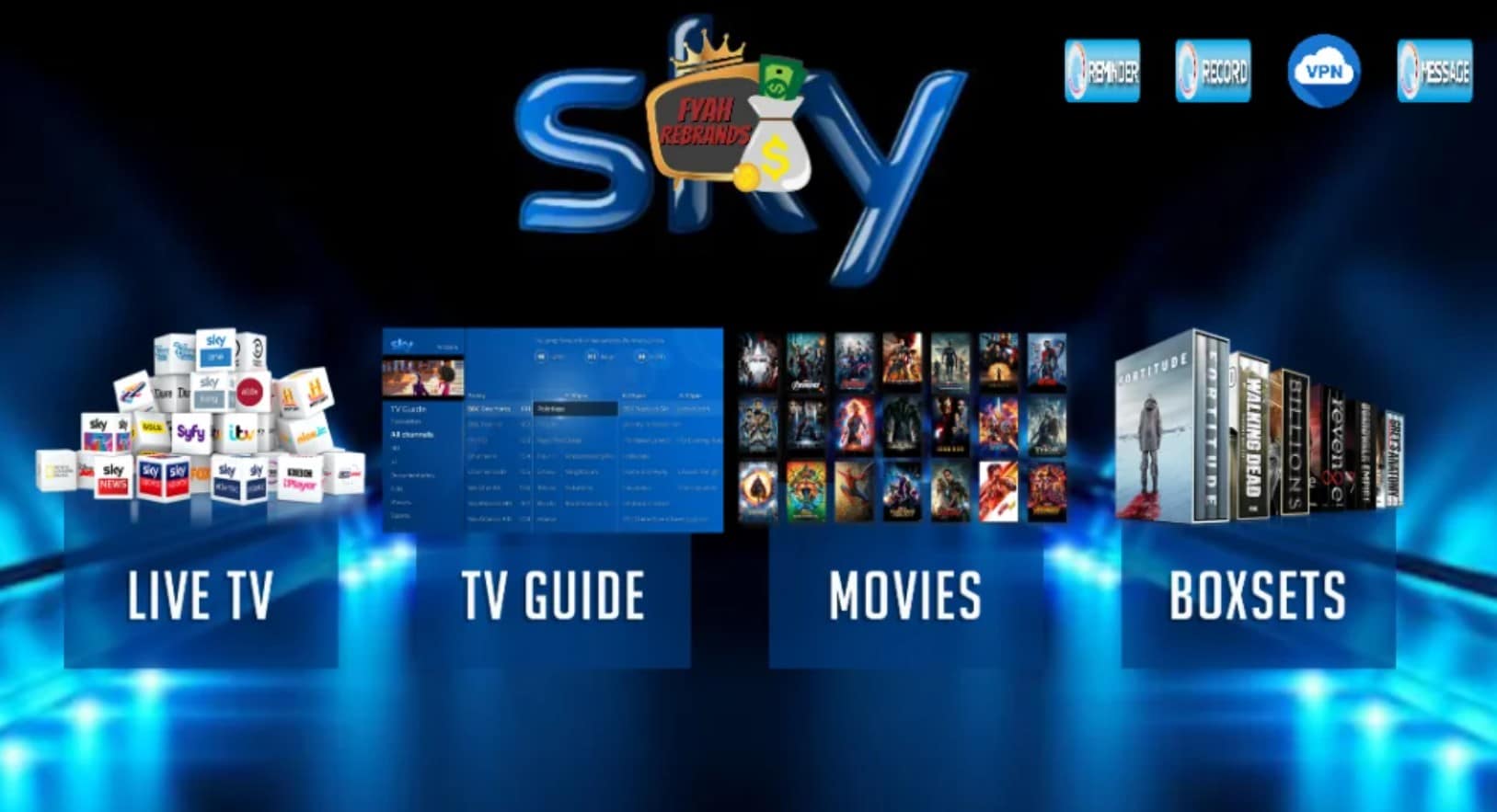 Offering pirate streaming services is a serious offense in the UK, where several people have received multi-year prison sentences.
Offering pirate streaming services is a serious offense in the UK, where several people have received multi-year prison sentences.

 In January 2017, Alexa data indicated that The Pirate Bay was the most popular torrent site on the internet. In July that same year, the notorious torrent site
In January 2017, Alexa data indicated that The Pirate Bay was the most popular torrent site on the internet. In July that same year, the notorious torrent site
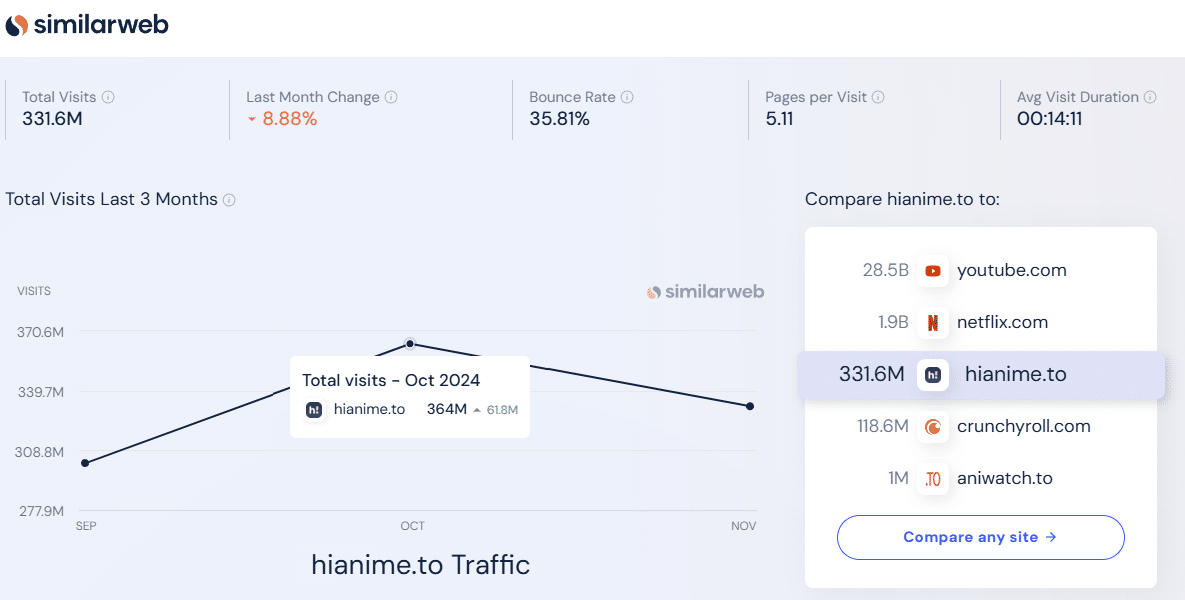
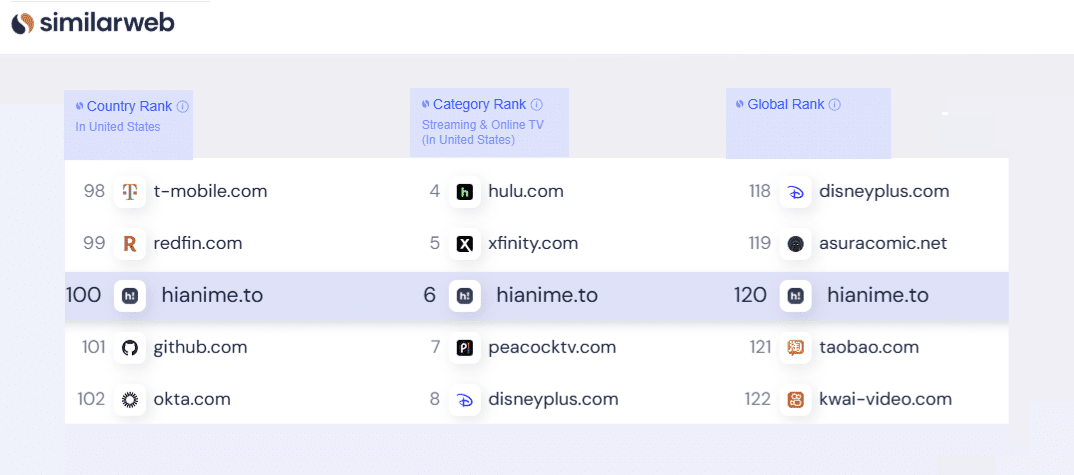
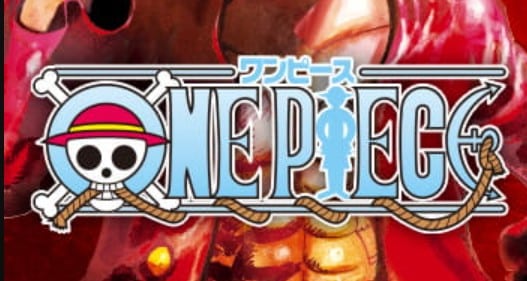 Japanese manga comics have always been popular on pirate sites, whereas other categories have seen their growth stall. In contrast, manga piracy continues to grow.
Japanese manga comics have always been popular on pirate sites, whereas other categories have seen their growth stall. In contrast, manga piracy continues to grow.



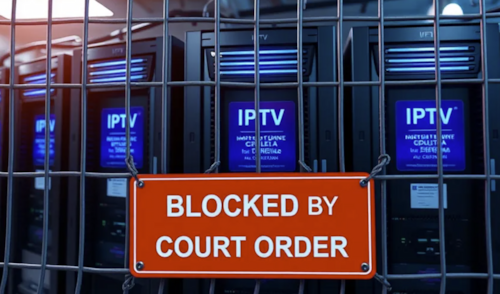 More than two-and-a-half years ago, a group of Israel-based TV companies entered a new phase of their multi-year war against the country’s most popular and resilient pirate sites.
More than two-and-a-half years ago, a group of Israel-based TV companies entered a new phase of their multi-year war against the country’s most popular and resilient pirate sites.
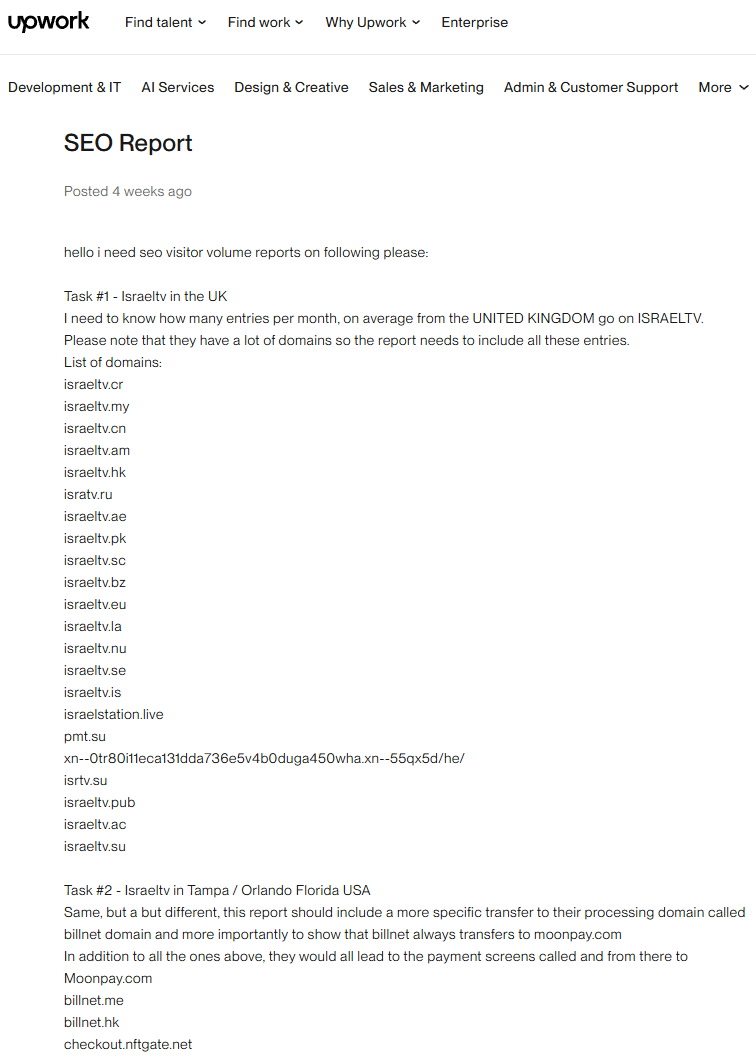
 Ever since the existence of online piracy first hit the mainstream, the phenomenon has been described using words such as massive or vast.
Ever since the existence of online piracy first hit the mainstream, the phenomenon has been described using words such as massive or vast.
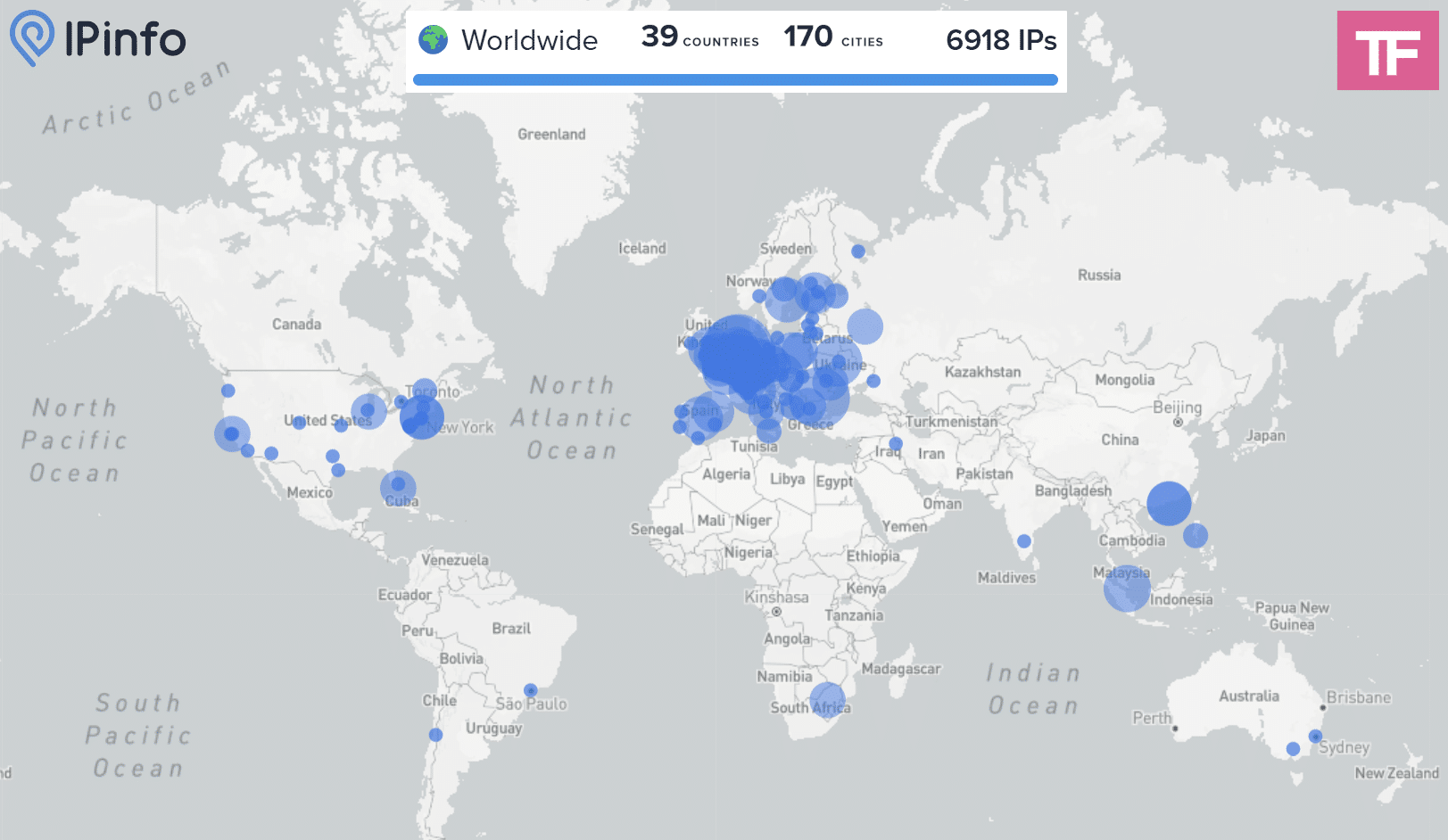


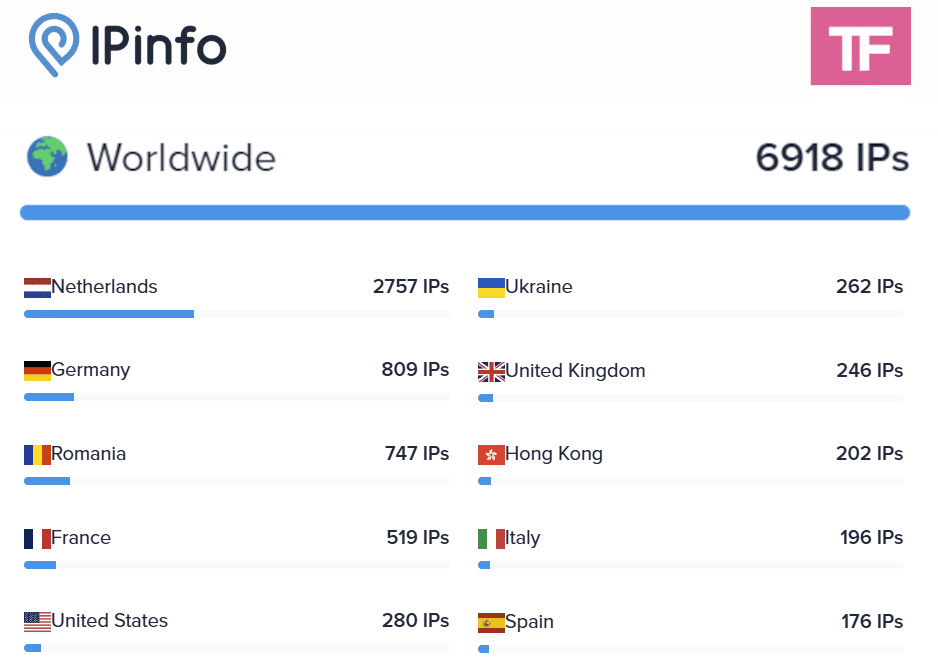
 In 2017, a new global anti-piracy coalition formed under the umbrella of the Motion Picture Association (MPA).
In 2017, a new global anti-piracy coalition formed under the umbrella of the Motion Picture Association (MPA).
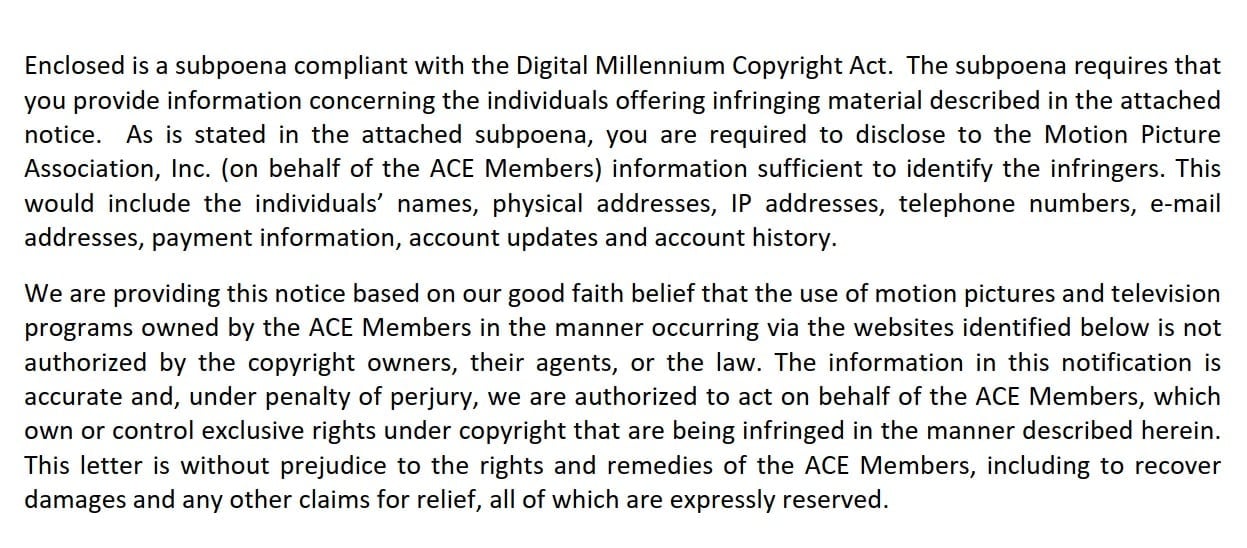
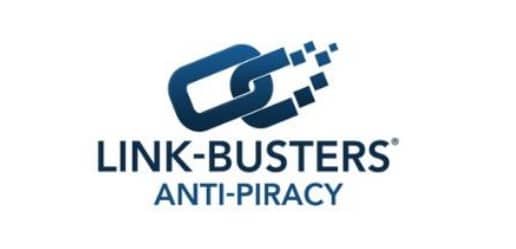 Online piracy is a constant headache for copyright holders; one that’s particularly hard to beat.
Online piracy is a constant headache for copyright holders; one that’s particularly hard to beat.
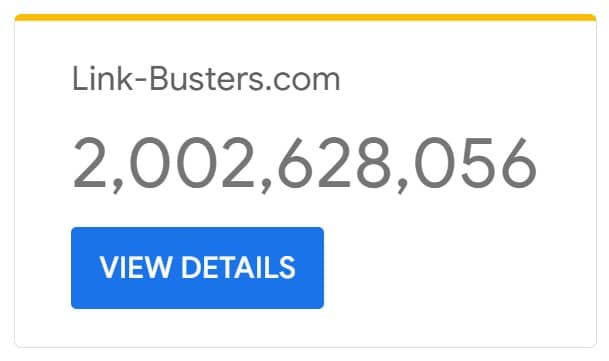 A few days ago,
A few days ago,

